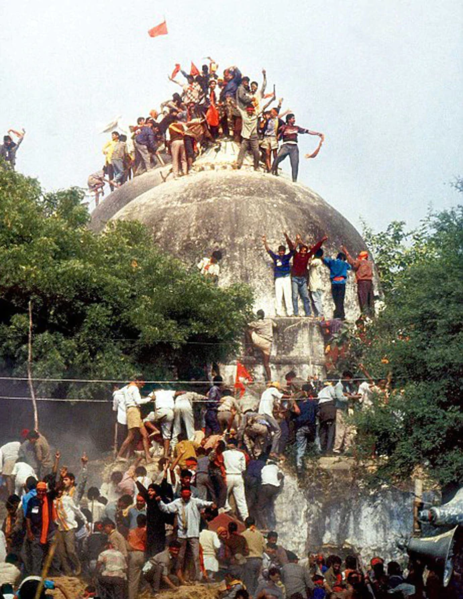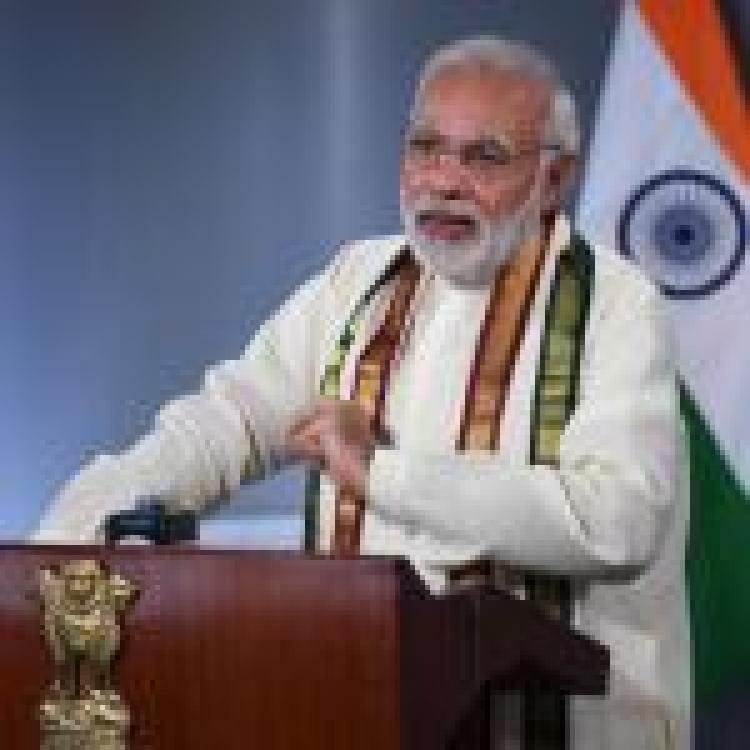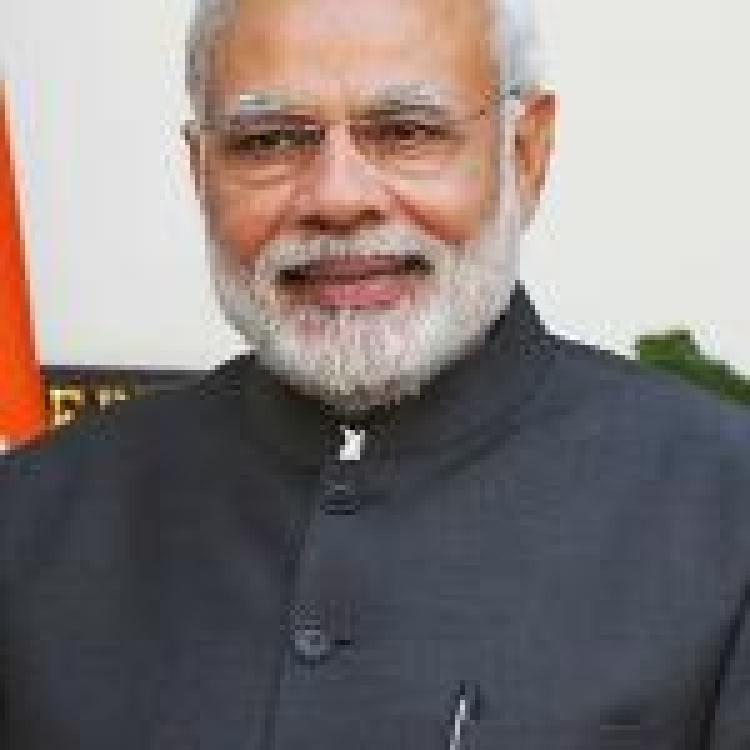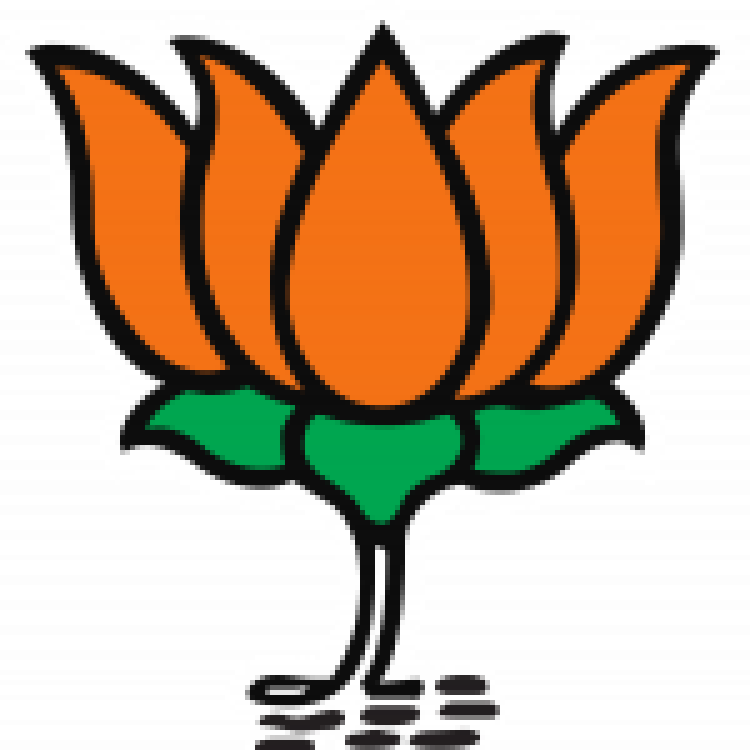
A special court in India has acquitted 32 men, including former deputy prime minister LK Advani, a sitting BJP politician, and three leaders from the party, of the destruction of Babri mosque (masjid) which led to religious riots and the massacre of 2,000 people, mostly Muslims.
The court’s decision is seen as yet another “victory for the Hindu nationalist government”.
The ruling follows another controversial decision by India’s Supreme Court in November 2019 which overruled the lower courts and granted the land for the development of another Hindu temple. The court further allotted a five-acre plot in Dhannipur for the rebuilding of the Babri mosque, 11 miles from Ayodhya, its original site.
The mosque was originally destroyed in 1992, when a Hindu mob organised by the Vishva Hindu Parishad and included BJP and RSS (a militant Hindu nationalist organization) members, led the assault. This follows claims that they had made that the Babri masjid had been built on the ruins of a former Hindu temple and was the original birthplace of Lord Rama.
The mosque was originally established in 1528-29 by Mughal emperor Babur and has been a focal point for tensions between Hindus and Muslims since the 18th century. The destruction of the mosque has been read as a major historic event signalling the rise of fundamentalist Hindu nationalism in India.
Commenting on the decision Kapil Komireddi, author of Malevolent Republic: A Short History of the New India, highlights that the evidentiary burden of the case was very high and it was therefore “not surprising” the authorities had failed to meet it. He further stated:
“The men who mobilised Hindus against Muslims were then treated by the state as villains. Now they are exonerated and treated as heroes. Their journey is one measure of India’s transformation into an awful majoritarian state.”
Zafaryab Jilani, a lawyer for the All India Muslim Personal Law Board, made a statement saying that they will contest the verdict.
Read more from the Guardian




